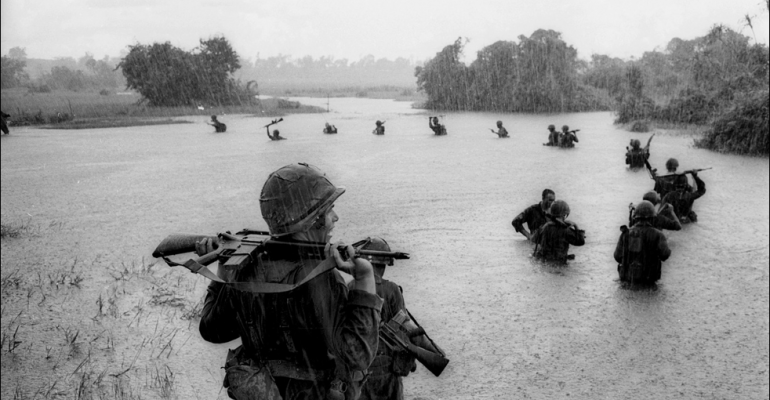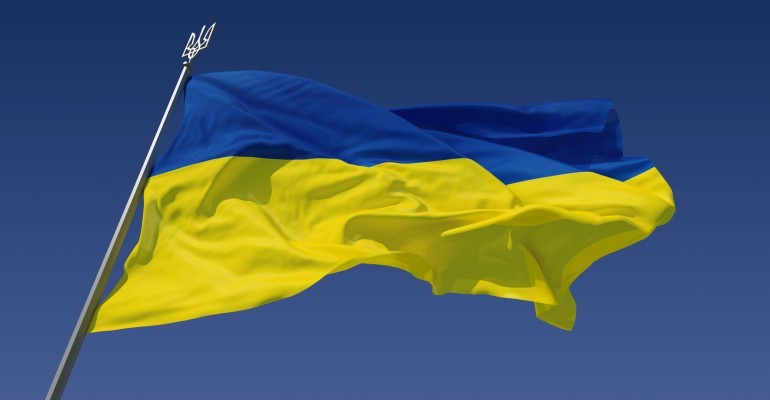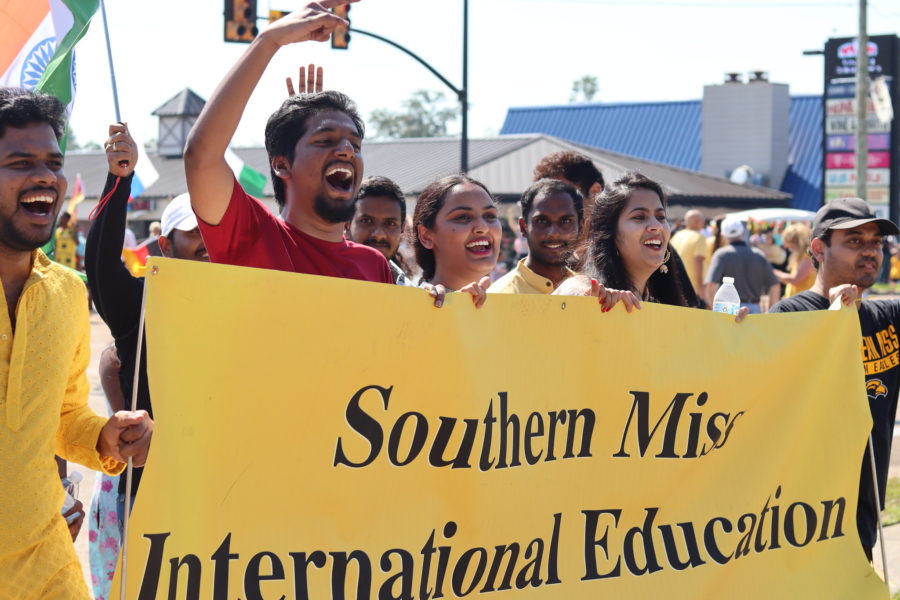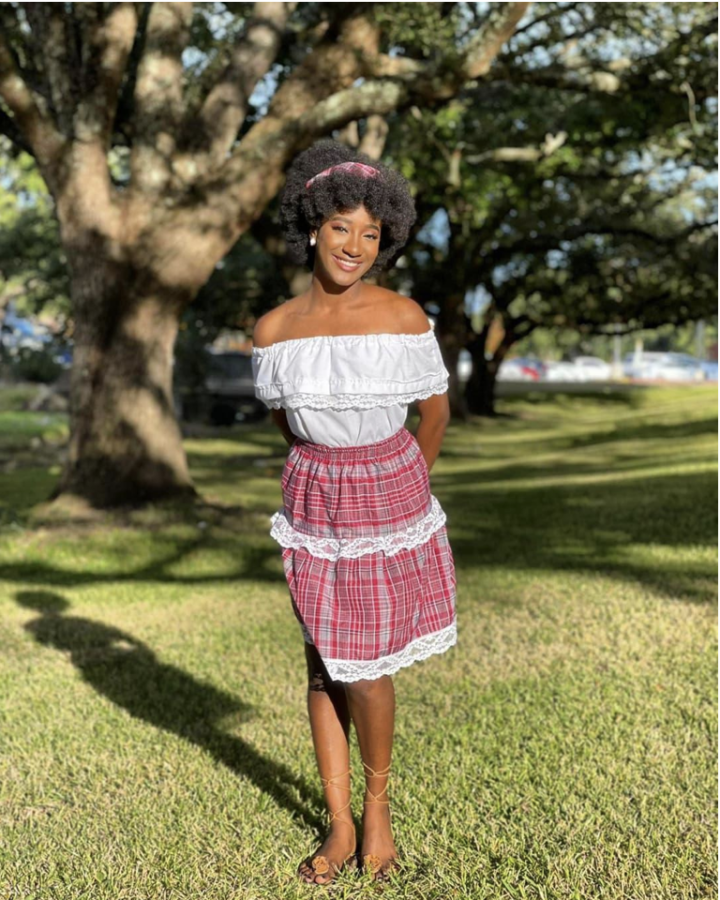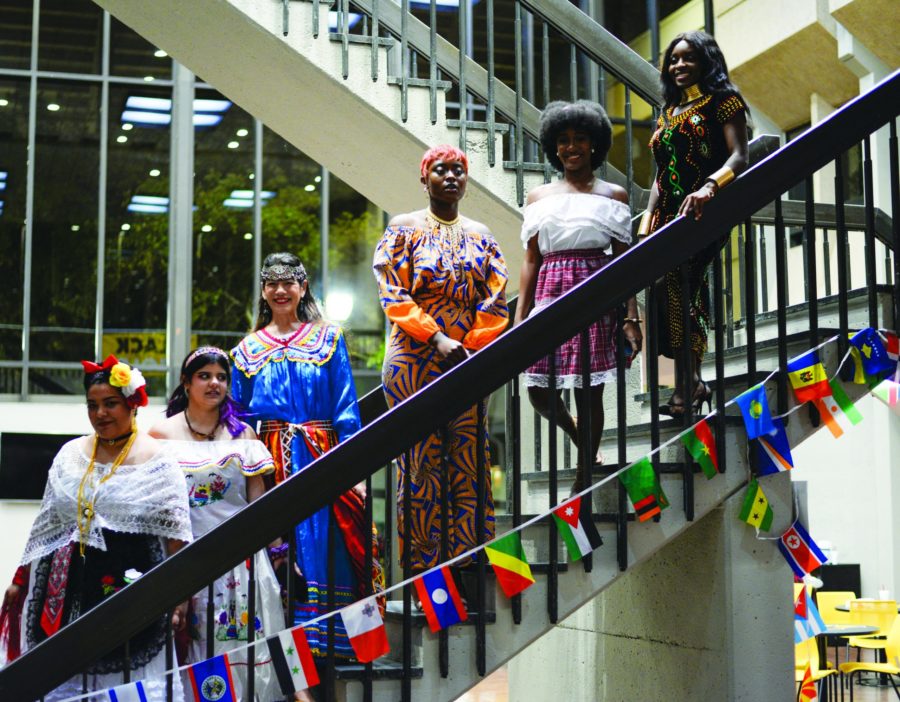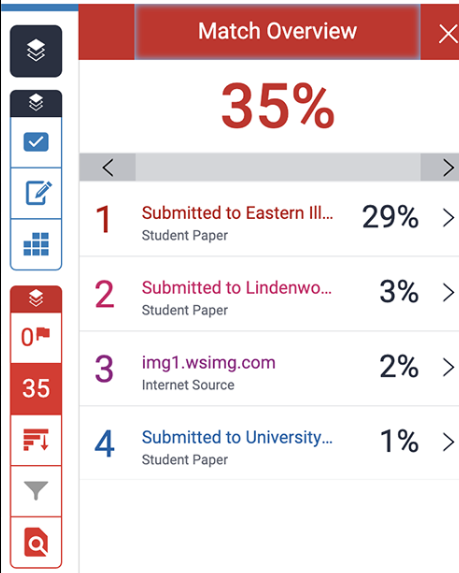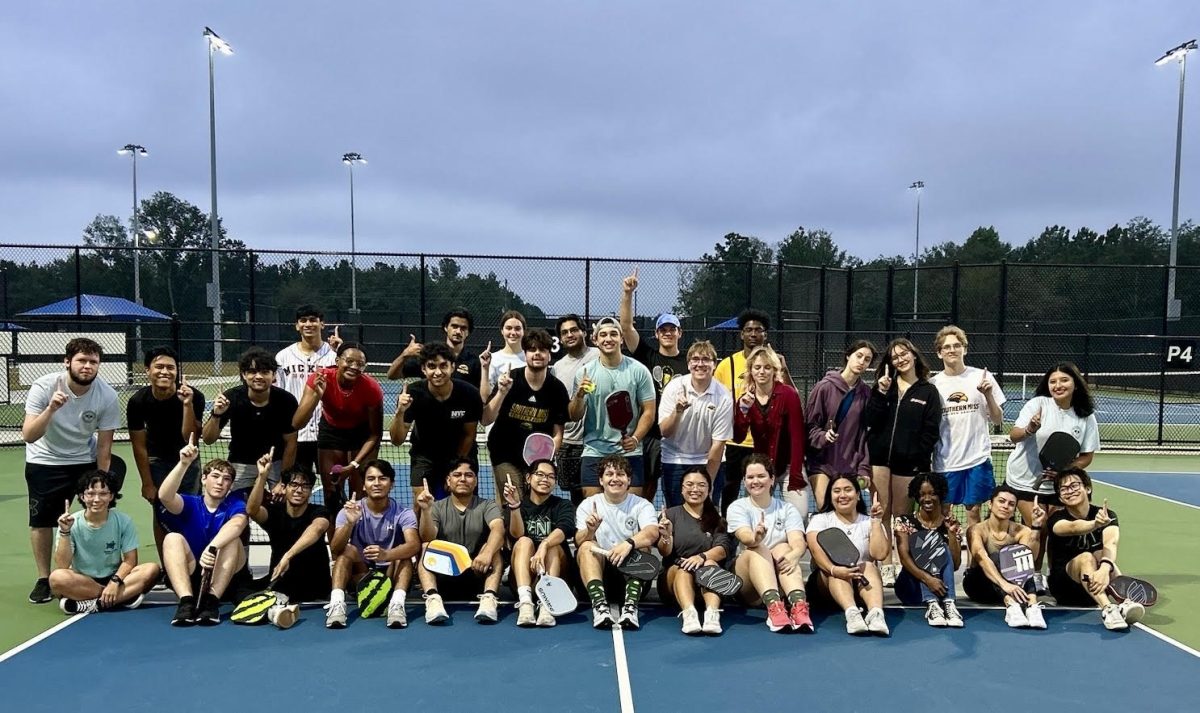Carole Quattro Levine/Courtesy Photo
This week the Dale Center for Study of War and Society at The University of Southern Mississippi will host two events in commemoration of the 40th anniversary of the end of the Vietnam War.
The week’s events will begin with a free screening of the award-nominated documentary “Last Days in Vietnam.” The documentary will be shown on Tuesday, April 28, at 5 p.m. in the Liberal Arts Building’s Gonzalez Auditorium. The screening will also feature opening remarks and a question-and-answer session with Vietnam historians and Dale Center fellows professors Andrew Wiest and Heather Stur.
The documentary chronicles the last days of the Vietnam War after January 1973, with the signing of the peace agreement that ended the American phase of the war. It focuses on the Vietnamese Vietnam War. On April 30, 1975, Saigon fell to the North Vietnamese.
“This documentary chronicles that tragic event and what came after,” Wiest said.
“Amid the chaos of the fall of the Republic of Vietnam there was a great mass exodus of South Vietnamese from their homeland. Fleeing with nothing as their country crumbled, many perished, while others (perhaps a million or more) survived to begin life anew in countries across the globe, with a great many emigrating to the U.S.”
The second of the two events will be a conference called “A Forty Year Journey: The Rise of Vietnamese-Americans Conference.” The conference will take place from 9 a.m. to 2 p.m. at Panda King Restaurant in Gretna, Louisiana. on Thursday April, 30, which marks the official 40th anniversary of the fall of Saigon. Stur and Wiest have been working with the large Vietnamese community in New Orleans since December to plan this conference.
Wiest will be the keynote speaker for the event and two panel discussions, one of which will feature Stur. The panel discussions will also include Vietnamese military veterans who were involved with the evacuation of South Vietnam and others who fled Vietnam 40 years ago.The conference is meant to help tell the stories from the perspectives of the South Vietnamese who fled their country due to the war.
“The perspectives of Vietnamese refugees are not well known and are not usually incorporated in books and articles about the Vietnam War, and so it’s important to Dr. Wiest and I to help tell those stories,” Stur said. “In many ways, they are the forgotten stories of the Vietnam War.”
“I hope that we can use the 40th anniversary of the fall of Saigon to think about the human consequences of war as seen through the eyes of refugees, people who, because of war, have fled their homelands, often never to return,” he said.
“The displacement of peoples is a main consequence of war in general, and in order to truly understand the consequences of the Vietnam War, we must examine the experiences of the Vietnamese who have settled in the U.S. since 1975. The current Syrian refugee crisis is a reminder of the enduring impact of war on human lives.”
























